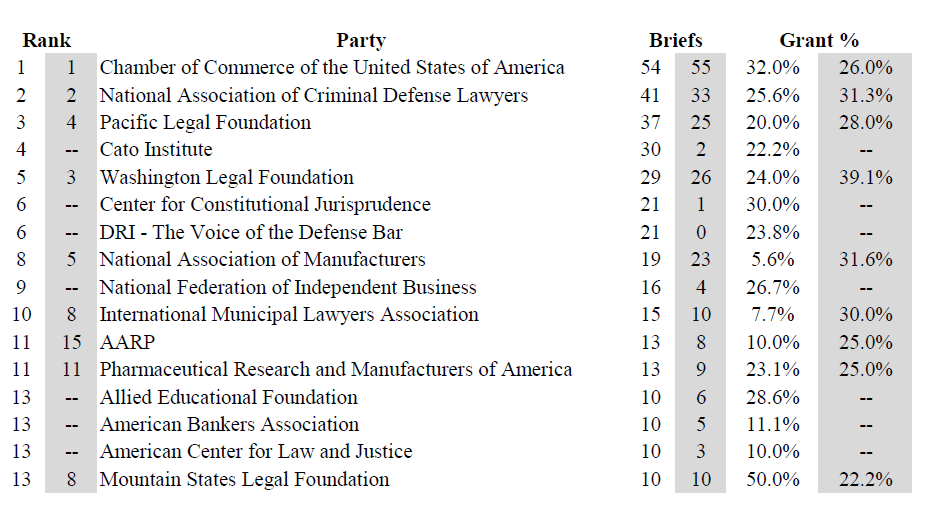2. Sri to the Supremes? (via the New Yorker)
3. Seems unlikely because Obama is still not doing a good job with his judicial appointments. How long has Will Thomas been waiting now? (via NY Times)
Of 856 federal district and circuit court seats, 85 are unfilled — a 10 percent vacancy rate and nearly double the rate at this point in the presidency ofGeorge W. Bush. More than a third of the vacancies have been declared “judicial emergencies” based on court workloads and the length of time the seats have been empty. By far the most important cause of this unfortunate state of affairs is the determination of Senate Republicans, for reasons of politics, ideology and spite, to confirm as few ofPresident Obama’s judicial choices as possible.Numbers compiled by the Senate Judiciary Committee tell the story. Mr. Obama’s nominees for seats on federal courts of appeal, the system’s top tier below the Supreme Court, have waited an average of 148 days for their confirmation vote following the committee’s approval, more than four times longer than Mr. Bush’s nominees. For Mr. Obama’s nominees to federal district courts, the average wait time has been 102 days, compared with 35 days for Mr. Bush’s district court choices.
4. Too many lawyers in Miami. Bennett County, South Dakota, not so much. (via the NY Times)
5. The Federal PD in Columbus, Ohio is resigning because of sequestration. It's getting really bad. (via NPR)
6. Meantime, the DOJ is spending like crazy. (via Politico)
Looking good for Hollywood: Tax dollars are also used at the department to help the entertainment industry. The FBI has its own Investigative Publicity and Public Affairs Unit, which is dedicated to helping Hollywood make movies and TV shows, including “The Kingdom,” “Fast and Furious 4,” “CSI,” “Numb3rs” and “Without a Trace.” This perk for Hollywood comes with an annual price tag of $1.5 million to the American taxpayer.
Meet and greets: In addition, the DOJ staff hosted numerous conferences around the country. In 2010 alone, the department spent nearly $100 million on conferences, which is twice what was spent two years earlier. This includes more than $600,000 in event-planner costs for five conferences, even though the need for this was not shown.
7. According to this article by ProPublica, no one is policing prosecutorial misconduct, so it appears unlikely that they will care about the above spending.
8. Finally, Justice Thomas said he didn't know it was news when he spoke at an oral argument recently. Do you believe him? (via Pittsburgh Post-Gazette)
Clarence Thomas, the U.S. Supreme Court justice who has become known for his silence from the bench during oral arguments, made national news a few months ago when he spoke, briefly.
So, on Tuesday, when he visited Duquesne University to speak, expansively, a law school student asked the obvious question -- what was Justice Thomas' philosophy about the role of justices in oral arguments?
"Well, first of all, my philosophy about the news is never watching it," Justice Thomas said, to applause and laughter, adding that it was the first he'd heard of the widespread notice given to the moment when, with just a few words, he broke his self-imposed seven-year silence during oral arguments.








